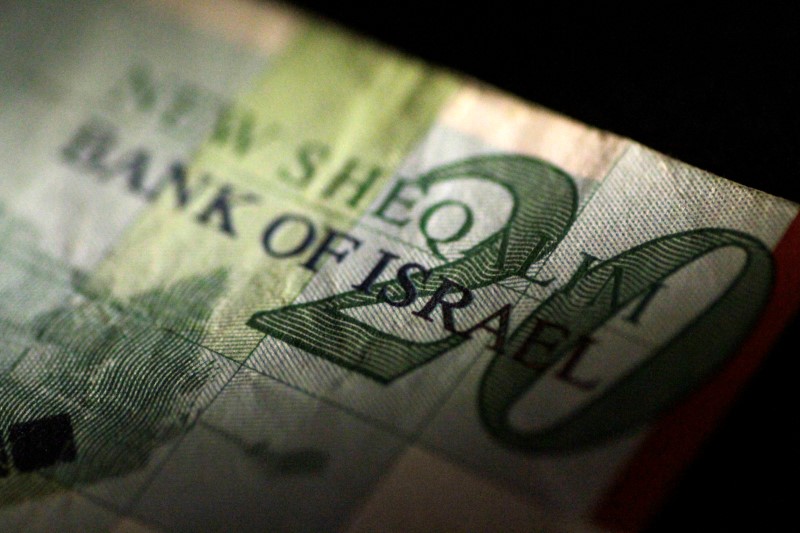Is this U.S.-China selloff a buy? A top Wall Street voice weighs in
The Bank of Israel issued a warning today about the potential economic impact of the ongoing war with Hamas. The conflict is expected to cause a significant slowdown in Israel's economic growth and inflate the budget deficit due to increased military expenditure, civilian aid measures, and business support initiatives. The bank projected that if the conflict remains localized to Israel's southern front, annual economic growth will decrease to 2.3% this year and 2.8% in 2024, down from the initially projected 3%.
Despite the conflict, most of Israel's economic activities are continuing as normal, with financial markets remaining operational. However, the shekel has experienced further depreciation since the start of the conflict. In response, the central bank has earmarked $30 billion from its foreign exchange reserves to bolster the currency.
Bank Governor Amir Yaron admitted that factors such as war duration and potential expansion introduce economic uncertainty. Nevertheless, he remains optimistic about recovery due to Israel's robust economy marked by low debt levels, a current account surplus, and substantial foreign exchange reserves prior to the conflict.
Yet, concerns had already begun regarding high-interest rates, inflation, and an anticipated global economic slowdown. The central bank was faced with a choice between reducing interest rates to boost the wartime economy or maintaining them to support the depreciating shekel. It ultimately chose the latter in an effort to stabilize markets and reduce uncertainty.
Credit rating agencies have issued warnings about potential downgrades to Israel's debt based on the severity and duration of the conflict. Despite these warnings, the central bank maintains that Israel's banking system remains stable.
The bank also expects a significant rise in Israel's debt ratio due to increased defense spending and financial support for the war effort, coupled with a decrease in tax revenues as economic activity slows and citizens are drafted into military service. To counter these challenges, the government has committed to implementing various financial aids and initiatives, including repayment deferrals, grants, loans, and funds for fixed expenses, aimed at supporting those affected by the conflict.
This article was generated with the support of AI and reviewed by an editor. For more information see our T&C.
